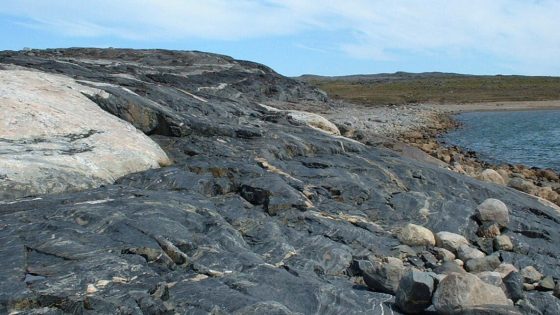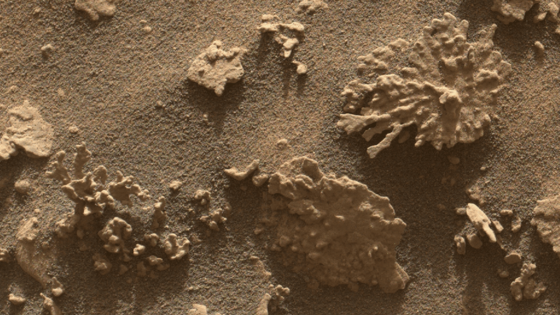Scientists have made a groundbreaking discovery regarding the oldest rocks on Earth, found in the Nuvvuagittuq Greenstone Belt in Canada. This ancient rock formation, located on the eastern shore of Hudson Bay, has sparked debate among researchers about its true age.
- Oldest rocks found in Canada
- Dispute over rocks' age settled
- New study estimates age at 4.16 billion
- Ancient rocks provide insights into Earth’s history
- Inuit community seeks protection for site
- Concerns over exploitation of rock samples
Previous studies suggested these rocks could be up to 4.3 billion years old, but newer methods have led to a consensus that they are approximately 4.16 billion years old, as reported on June 27, 2025. This finding not only provides insight into Earth’s formative years but also raises questions about the planet’s geological history.
This discovery prompts US to consider how these ancient rocks can illuminate our understanding of early Earth. What did our planet look like when it was just forming? How did life emerge from such primordial conditions?
- The rocks offer a glimpse into Earth’s earliest geological processes.
- They may help scientists understand the transition from molten magma to solid crust.
- Studying these rocks could reveal clues about the origins of life.
As scientists continue to explore these ancient formations, collaboration with local communities will be vital to ensure preservation while unlocking the secrets of our planet’s early history.

































